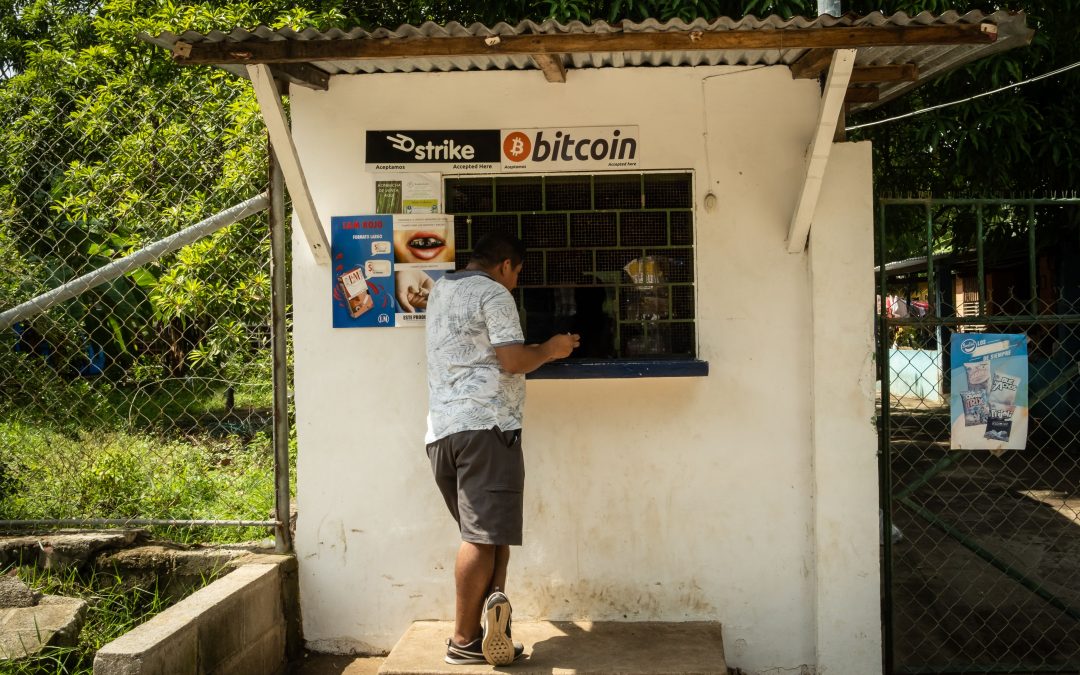The tiny nation of El Salvador will soon take a giant leap into the future of finance, as it will become the first country ever to recognize bitcoin as legal tender. Last week, President Nayib Bukele announced in a national address that the law will take effect on Sept. 7. As of this coming Tuesday, all Salvadoran businesses will be required to accept payment in Bitcoin.
As I mentioned during my conversation with Michael J. Casey last week, it’s vanishingly rare for a country as small as El Salvador to find leverage where they can actually play a leading role on the world stage. So while this is a ridiculously gutsy move for the country, especially given the pushback they’re receiving from world powers like the IMF, it’s an asymmetrical bet that is likely to garner huge rewards.
Edan Yago has most recently contributed to bitcoin-native DeFi platform Sovryn. Previously, he founded Cement DAO and Epiphyte to provide global remittance with bitcoin.
All it risks is the nation’s reputation. As an overlooked, poor and violent country that rarely registers on the international radar, this is a once-in-a-lifetime opportunity for El Salvador to try something new that could positively impact its future. It’s a simple case of no risk, no reward. Were the country to play it safe and continue to follow standard rules, it would experience the same outcomes: no progress.
While human beings are naturally averse to the unknown, El Salvador has taken measures to reduce uncertainty, decrease the crypto currency’s volatility, and incentivize its use: The finance commission of the Legislative Assembly has set up a $150 million trust fund in an effort to insure bitcoin is a sound currency.
Although protestors can be seen marching down the streets of San Salvador, this is nothing more than your standard knee-jerk reaction of fear, which the opposition is weaponizing. What these protesters fail to glean is that this move – and the trust which backs it – is fundamentally in their best interests.
Read more: El Salvador Residents Are Split on Bitcoin Adoption Bill
El Salvador’s economy depends on money sent back from workers abroad. As such, it suffers greatly from predatory bank and wire transfer fees. World Bank data showed remittances to the country total nearly $6 billion, roughly a fifth of the nation’s GDP in 2019. This presents one of the most lopsided ratios in the world.
Decentralized finance, will work in the best interests of those who rely upon remittances, and are unduly burdened by the high commissions associated with sending money home, as these would be eliminated by cryptocurrency. President Nayib Bukele even said, “One of the reasons we passed the Bitcoin Law is precisely to help people who send remittances.”
People, of course, fear change, so it’s remarkable when a leader like Bukele dares to move beyond that fear in pursuit of a galvanizing vision. The implementation of bitcoin stands to have a revelatory and positive impact on the lives of those protesting its arrival. Cryptocurrency promises both accessibility and freedom from the arbitrary tyranny of both international borders and bank fees.
I applaud President Bukele for having a vision, for looking around the world and finding a different path to progress for his country. He has created an environment extremely conducive to bitcoin and what he stands to gain is an entirely new trajectory for the country and its inhabitants. He is forging a new road to the global economy unfettered by the traditional banking that preys upon so many of his fellow citizens, setting El Salvador as a leader that other countries may follow.
President Bukele has demonstrated that he understands extant financial institutions and systems will never serve his country – they were never intended to. So, he’s rewriting the script and that courage is inspiring to behold. The world is changing and how El Salvador’s crypto-vision plays out will be fascinating to watch, not least for other countries thinking of making such bold moves.














